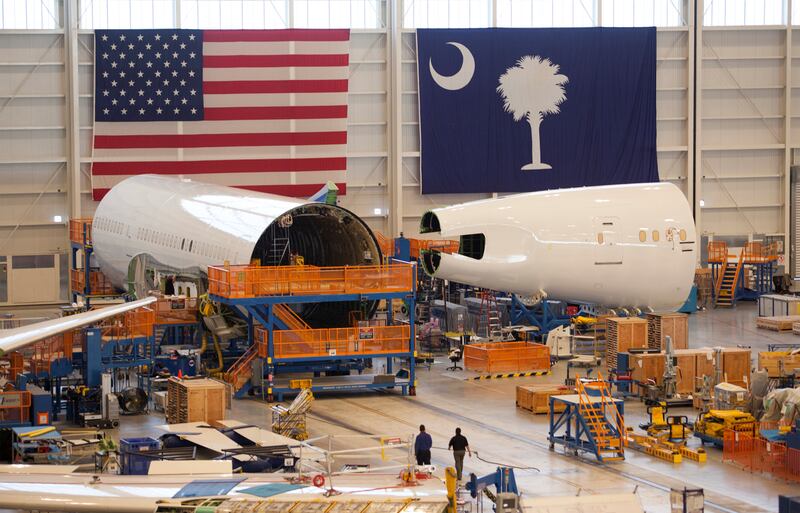The Indian prime minister Narendra Modi’s tax reforms will encourage more local airlines to service their aircraft within the country, a US$704 million-a-year business that currently goes to Sri Lanka and South East Asia.
Simpler rules for doing business and scrapping of import duties on equipment and machine parts are benefiting companies that maintain, repair and overhaul planes, said the Air Works India Engineering managing Dedirector Vivek Gour. Air Works services Airbus and Boeing single-aisle jets at an airport near the southern Indian city of Bengaluru.
Air Works, which is aiming to conduct an initial public offering in three years, is among companies that could benefit from a surge in air travel in India, an aviation market poised to become the world’s third largest by 2025. IndiGo, SpiceJet and other carriers in the south Asian nation have ordered more than $90 billion of aircraft from Airbus and Boeing in the past decade, which raises the potential of servicing about 1,000 aircraft in the next 10 years.
_______________
Read more:
UAE proposed talks to increase flights from India and cut air fare prices
Boeing forecasts Indian plane orders to hit $290bn
Air India's privatisation is the biggest overhaul for Indian aviation
_______________
By government estimates, Indian carriers spend about $704m annually on maintenance work at facilities in Sri Lanka, Singapore and Malaysia. With the new policy unveiled by Mr Modi last year, some of that business could be lured back to India, benefiting firms like Air Works, Mr Gour said.
The latest rules also allow foreign carriers to park their aircraft in India for as long as six months for routine upkeep and repairs without prior government approvals. That has opened up Air Works’ potential market to airlines from countries such as Oman, Maldives and Myanmar, Mr Gour said.
“Over the last two years, the government has made certain improvements,” he said. “MRO work in India has become cheaper for an airline.”
Air Works, which also has a contract to paint some Airbus aircraft in Toulouse, France, is aiming to have revenue of 10 billion rupees (Dh570m) in three years, a 67 per cent jump from its sales in the year ended March, Mr Gour said.
Two US-based private equity firms New Enterprise Associates and GTI Capital Group together own about 55 per cent of Air Works. Mr Gour holds about 6 per
cent.






